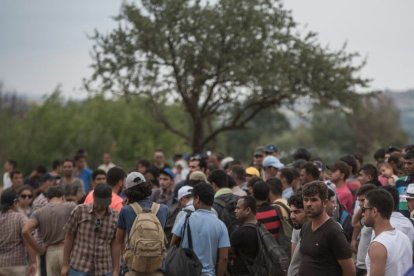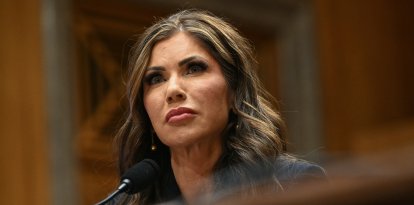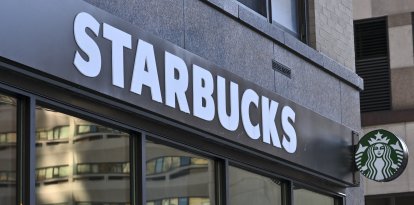Facebook does not apply its 'red flags' to fake news spread by immigration mafias
This platform is failing to protect some of the world's most vulnerable people from life-threatening disinformation.

(Crodon Press)
A study conducted by the Technology Transparency Project has made it clear that "Meta owner Mark Zuckerberg has done little to stop dangerous misinformation" aimed at migrants attempting to illegally enter the U.S. Facebook is not protecting "some of the world's most vulnerable people from misinformation that could defraud them, lead to deportation or put their lives at risk". They also claim that nearly 70% of migrants say they regularly get information from the social network, "more than any other source other than word of mouth".
"I have nothing else to believe in"
The study found that a large number of social media posts spread misinformation about immigration law, the conditions of the route to the U.S., or the opportunities available to immigrants in the country.
The Technology Transparency Project explains that migrants are aware of the dangers they expose themselves to by reading incorrect or misleading information on Facebook. But the desperation to escape the violence and find new opportunities makes them take risks. "I believe in what people say and whoever takes us [across the border]", expressed a consulted immigrant who made contact with a coyote on Facebook. "I don't have anything else to believe in".
Facebook and WhatsApp
Most of the migrants expressed that Facebook and WhatsApp connected them with people who promised to help them enter the United States, but ultimately they only stole their money and abandoned them in dangerous situations. The research also highlights that the undocumented persons consulted expressed frustration at the abundance of misinformation. "It's difficult because you can't tell which source of information is reliable".
To explore the study, a team of interviewers was assembled to interview 200 Central American migrants bound for the United States. They were asked about their information consumption, including the social media accounts, groups and pages they follow. Half of the respondents were interviewed south of the Mexican border in Guatemala at the beginning of their journey north. The other half was taken from shelters south of the U.S.-Mexico border.
Censorship and Mark Zuckerberg
Despite not maintaining control of the false information that is causing an unprecedented wave of immigration to the United States, Mark Zuckerberg instead controls, censors and monitors through its platforms, dissenting opinions to its ideological stance. For example last year the account of Donald Trump was suspended, alleging that six of the publications made by the former president in January 2021 "severely violated" the standards of Facebook and Instagram, as considered by the board in charge of investigating his publications.
"Given the gravity of the circumstances that led to Trump's suspension, we believe his actions constituted a serious violation of our rules that merit the highest penalty available," Facebook's vice president of global affairs, Nick Clegg, said in a statement, according to as reviewed by BBC, who also picked up on Trump's response: "They must not be allowed to get away with this censorship and silencing, and ultimately we will win. Our country can't take any more of this abuse!"
In 2020 the social network Instagram owned by Meta, whose owner is Mark Zuckerberg, suspended the accounts of the humorists of the satirical magazine 'Charlie Hebdo' Laure Daussy and Coco, after publishing the cover featuring a caricature of Muhammad. Hours later, a company spokesman assured that it was an "error" and the accounts were reestablished. There are many examples of blocked accounts that leave room for doubt as to the criteria used by the managers of these well-known social networks to decide what information they censor.
RECOMMENDATION





















